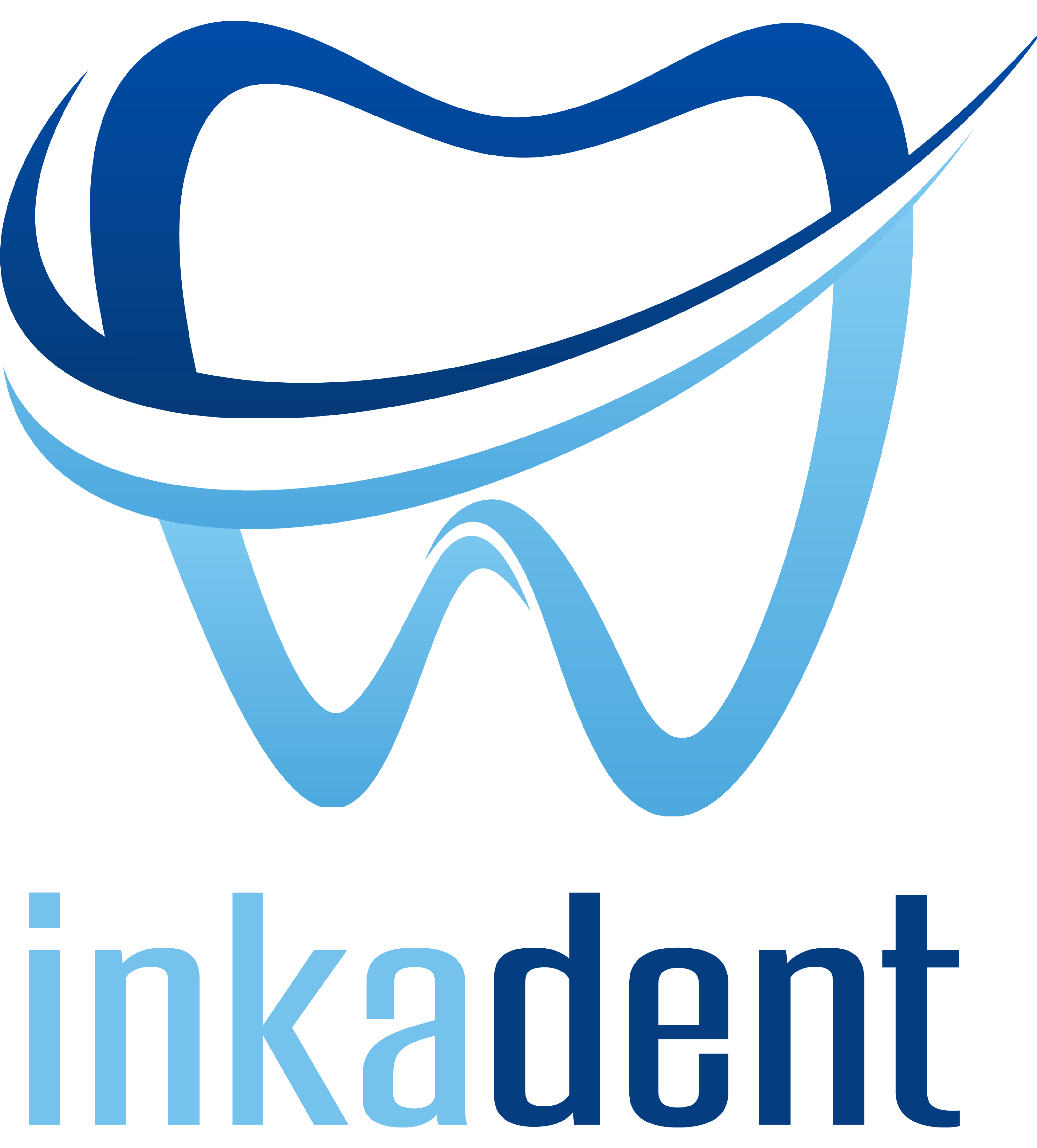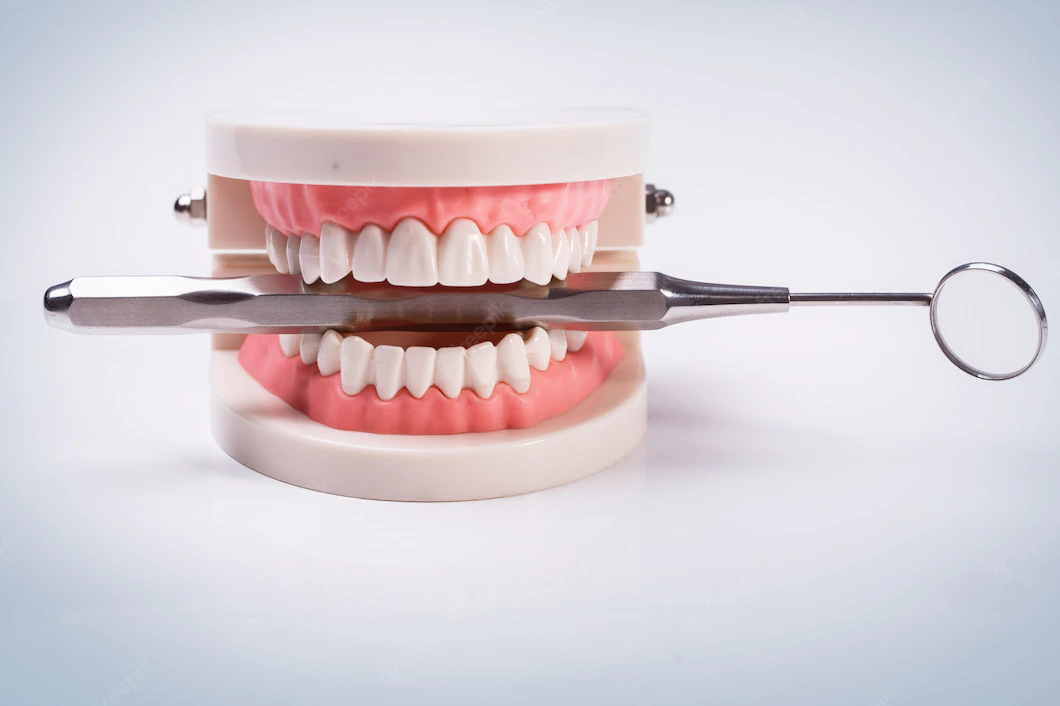What is periodontology?
Periodontology is the study of soft and hard tissue diseases surrounding the teeth. diagnosis and It is a part of dentistry that carries out the treatment. Treatment of periodontology gingival recession, gingivitis, dental enlargement of the flesh, calculus cleaning, early or late periodontal diseases are included.
Symptoms of gum disease
First of all, it should be noted that healthy gingiva is light pink in color.to the tooth and is firmly attached to the bone, resembling an orange peel shiny – grainy look exists. However: If there is bleeding in the gums,
}If swelling and redness are seen in the gums,
If there is recession in the gums and sensitivity on the exposed root surfaces,
At the edge of the gingiva or between the teeth, due to tartar If black areas are visible ,
If there is inflammation between the tooth and gum,
If the teeth are wobbly, elongated and there are openings between the teeth,
If there is a bad smell or taste sensation in the mouth, see a dentist without delayyou should have an examination and start your treatment
What are the factors that cause gum disease??
Periodontal hastalıkların ana nedeni bakteri plağı olmakla beraber, diğer unsurlar da dişetlerinizin sağlığını etkileyebilir. Kontrolsüz yapılan diyetler ve kötü beslenme şekli, bağışıklık sistemini zayıflatmasına neden olurken vücudun enfeksiyonlara karşı direncini kırabilir. Bu dönemde diş etinde meydana gelecek bir enfeksiyonun tedavi süresinin de uzamasına etken olacaktır. Stres dışında AIDS ve kanser türleri vücudun bağışıklık sistemi üzerinde etkili olmaları, diş eti rahatsızlıklarının da gelişmesine neden olabilmektedir. Diş eti hastalıklarına açık olan bir başka hasta profili ise tütün kullananlardır. Tütün ve tütün ürünlerinin diş etlerini tahriş etmeleri, diş eti sıkılığında bozulmalara neden olması tahriş bölgelerinde enfeksiyon gelişimini kolaylaştırmaktadır. Diş eti hastalığının kontrol altına alınması en güç olan hasta grubu diabet (şeker) hastalarıdır. Diş eti hastalığına yakalanma ihtimali en yüksek olan hasta grubudur. Hamilelik sırasındaki hormon değişimleri, diş etlerinin daha kırmızı, bakteri plağına karşı daha duyarlı bir hale gelmesine neden olur. Menapoz ve mensturasyon dönemlerinde yaşanan hormonal değişimler de diş eti hassasiyeti yaratarak, diş eti rahatsızlıklarına yatkınlık sağlayabilir. Diş sıkmak veya gıcırdatma sorunu olanlarda risk grubundadır. Diş ve diş eti arasındaki kuvvetin azalmasına neden olarak periodontal doku yıkımına sebep olurlar ve gece plağı takılarak bu sıkmanın durdurulması gerekir. Kullanılan ilaçlarda diş eti hastalıklarına neden olabilir. Doğum kontrol hapları, antidepresanlar ve bazı kalp ilaçları ağız sağlığınızı etkileyebilir.
How can we prevent gum disease??
To protect teeth and gums, it is necessary to clean the teeth regularly every day. aspect brushing, removing food residues between teeth using the rope in the mouth by cleaning and using mouthwash. bacteria from the mouth is the removal. Daily brushing and flossing routine care to the formation of calculus cannot completely prevent, dentist periodically requires inspection.. Teeth cleaning by the dentist; your toothbrush, dental floss hardened teeth in areas that you cannot clean with from the environment of the stones will be formed in the gingiva by removing prevents infections.

